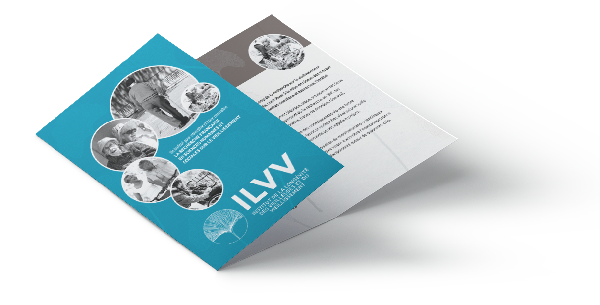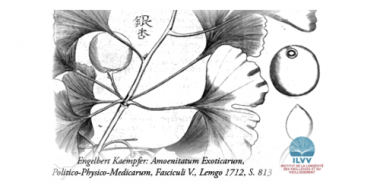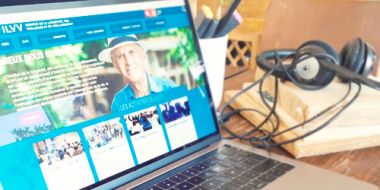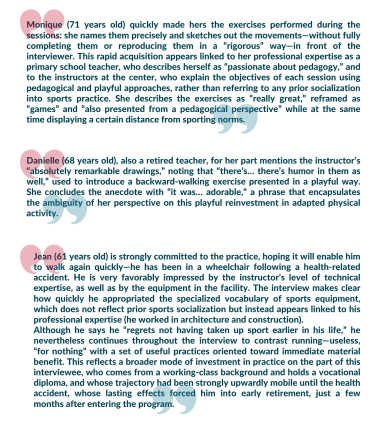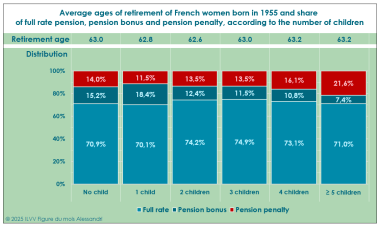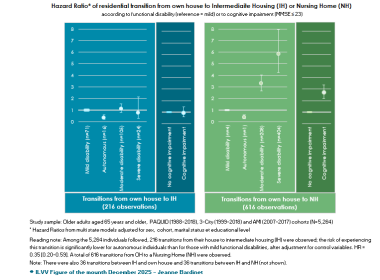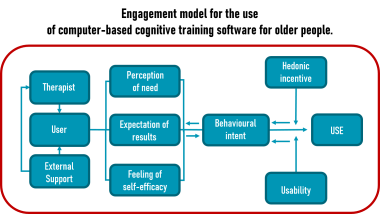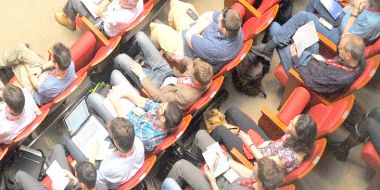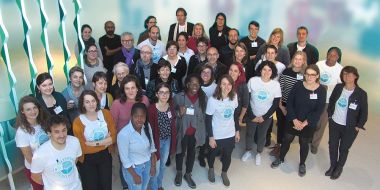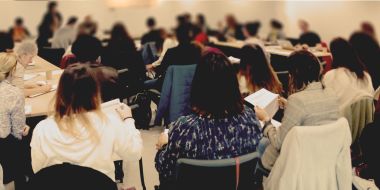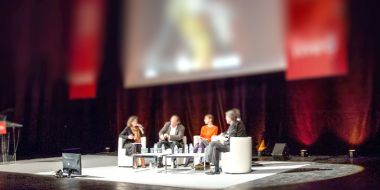An institute that aims to highlight and promote French research on ageing in the humanities and social sciences.
Faced with the multiple challenges of population ageing (social, health, political and economic), the Institute of Longevity, Old ages and Ageing (ILVV) is a research structure (GIS) carried by nine partners: Cnav, CNRS, CNSA, Drees, EPHE, Ined, Inserm, University of Paris-Dauphine and Lorraine University.
ILVV takes a multi-faceted view of old age in order to understand the great diversity of situations. They are driven by multiple life paths and changes in resources, aspirations and needs over the life course. ILVV embraces a broad definition of ageing, considered both at the individual and population levels.
ILVV supports multi- and inter-disciplinary approaches in human and social sciences by implementing structuring activities. Developing four missions: highlighting and promoting researches, connecting and supporting experts on ageing by fostering engagement with the civil society for a cross-fertilization.
